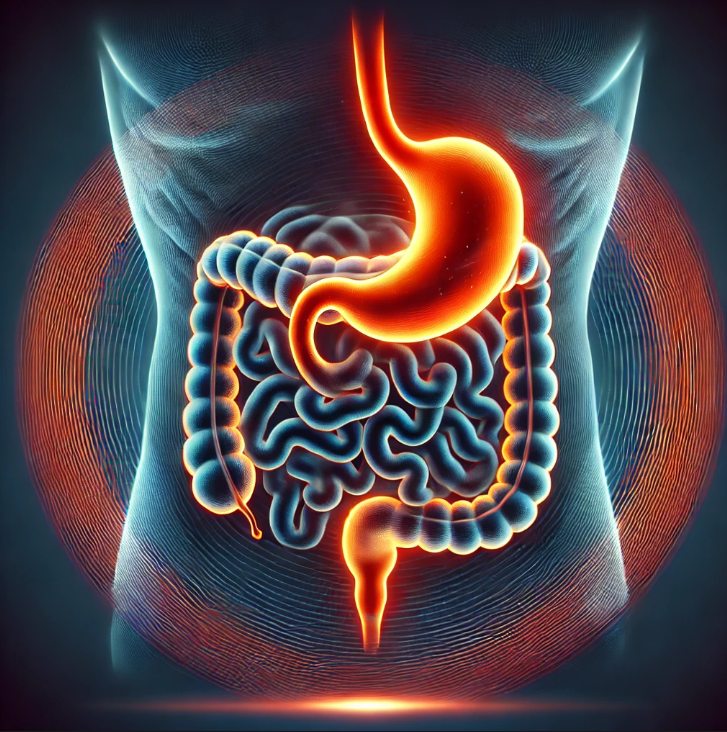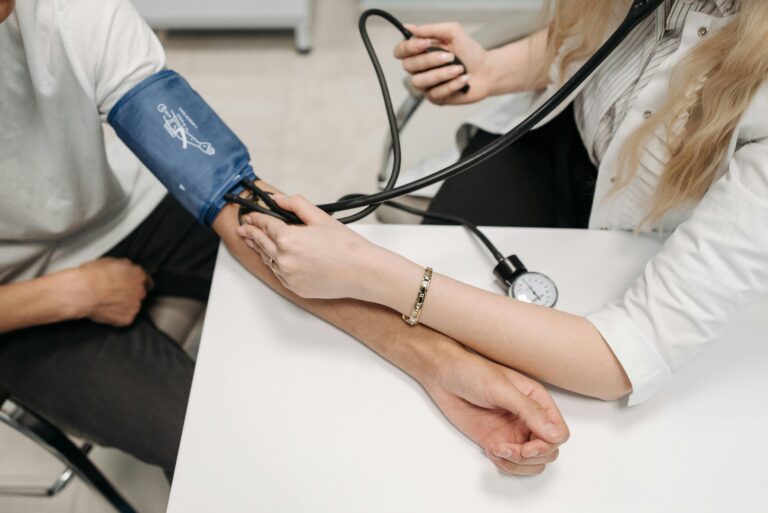
“Do I really need to eat for two? Short answer: Nope. Slightly longer answer: Let’s talk science (and snacks).” 😉
As a physician who counsels new parents, I’ll simplify the science behind breastfeeding calorie needs so you can fuel your body and your baby without second-guessing every bite.
🔥 The Short Answer
Breastfeeding burns 300-500 extra calories per day—about equal to:
🏃♀️ A 45-minute brisk walk
🥪 1 avocado toast + a handful of almonds
🥛 2 glasses of whole milk
But here’s the key: Your body is remarkably efficient. Most mothers naturally feel hungrier to meet this demand—no calculators required.
🍎 Where Those Calories Matter Most (Doctor-Approved Picks)

Pro Tip: Keep a “lactation snack pack” (nuts, cheese, dried fruit) near your nursing spot. Hunger strikes fast!
⚠️ 3 Common Mistakes
1. Skipping meals → Energy crashes + lower milk supply
2. Overdoing caffeine → Can suppress appetite (stick to <300mg/day)
3. Swapping meals for sweets → Spikes blood sugar (more fatigue)
🙋♀️ Top Patient Questions
“What if I’m not hungrier?”
Some moms don’t feel increased appetite initially. Focus on nutrient density:
Add chia seeds to smoothies
Drizzle olive oil on veggies
Choose whole-fat dairy
“Can I diet to lose baby weight?”
Wait until milk supply stabilizes (~6 weeks). Then aim for gradual loss (1 lb/week max). Rapid weight loss can decrease supply.
“Do I need special ‘lactation’ foods?”
Not usually! Oats, flaxseeds, and nuts work just as well as pricey lactation cookies.
📆 Sample Day of Meals (For the Exhausted & Time-Crunched)
Breakfast: Microwave oatmeal + peanut butter + frozen berries
Lunch: Canned tuna wrap + pre-cut veggies + hummus
Dinner: Sheet-pan chicken + roasted sweet potatoes
Snacks: Hard-boiled eggs, apple slices, dark chocolate (yes, really)
💊 Supplement Cheat Sheet
1. Prenatal vitamin: Keep taking it (iron/B12 remain critical)
2. Vitamin D: Babies need drops (consult pediatrician)
3. DHA: Found in fish or algae supplements (supports baby’s brain)
✨ TL;DR (Evidence-Based Takeaways)
1. 300-500 extra calories/day is typical—listen to hunger cues.
2. Prioritize protein + healthy fats over empty carbs.
3. Hydration is non-negotiable (aim for pale yellow urine).
credible reseources of this blogpost : American Academy of Pediatrics (AAP)
Also read : breastfeeding ultimate diet guide & what foods to avoid during breastfeeding





